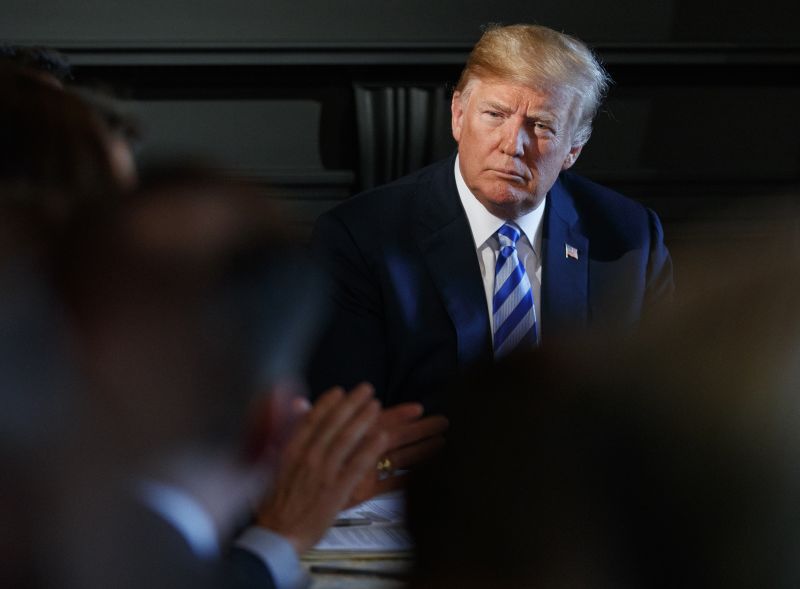

Impromptu face-to-face interactions with departmental officials are less frequent, as the public service turns inward to focus on planning for post-election transition scenarios. The normally heavy volume of briefing notes from the deputy minister slows considerably. The daily rhythm of ministers’ offices changes as soon as the writ drops and the caretaker convention comes into operation. However, they generally avoid making announcements, commitments or decisions that a new incoming government could not reverse. Under the convention, routine administration may continue, and ministers must still address urgent and unavoidable matters, such as natural disasters.

This convention operates in Canada similarly to other Westminster countries such as the United Kingdom, Australia and New Zealand. They also avoid any perception that the governing party is receiving electoral benefit out of its executive privileges. Through such self-restraint, ministers show respect for the democratic accountability. The caretaker convention dictates that, when Parliament is dissolved and there is no confidence chamber to hold them accountable, ministers will exercise restraint. Government business continues and they retain their legal authority from the Crown. Yet, during the campaign, ministers continue to be ministers. Ministers are usually MPs and need to run for re-election. Clear public guidelines for conduct during the campaign are essential for ensuring a smooth relationship. In essence, they act as democratic insurance so that even during an election period final government decisions and accountability rest with those who earned a democratic mandate in the previous election. Ministerial exempt staff, political partisans who are paid by public funds to support ministers with their official duties, play an important role in maintaining the information flow between the department and ministers as well as ongoing dialogue with the public service during the campaign.

However, some remain at their desks in ministers’ offices, including in the Prime Minister’s Office (PMO), in order to support the ministry that continues throughout the writ period. Predictably, when an election is called, most political staffers take leave to work on the campaign. “The institute has written a letter to the government seeking fresh appointments. The District in-Charge Minister and the MLA too have updated the status to the Finance department,” Dr G M Sanjeev, Dean and Director, CIMS, said.Many people gravitate to political jobs because they love the adrenalin of campaigning and are ideologically committed to building support for their party. The Dean and the District Surgeon took delegations and met the ministers and the officers in this regard. However, there is no progress. The institute administrative board has been seeking the appointment of 228 nurses and 344 Group D employees for the last one year. They will be hit if the surgical procedures are halted, a few persons expressed concerns. The district has many poor families who are dependent on the district hospital. Staff shortage has forced the institute to suspend routine surgeries and conduct only emergency operations,” District Surgeon Dr Srinivas told DH. Complex surgeries and postoperative care need more nurses. “At least two nurses are needed for surgery. Both, the old and the new hospitals have nine operation theatres each. New posts have not been created since the inception of the new hospital building.Ī total of 226 employees, including 120 nurses and 70 Group D workers, employed temporarily during the Covid-19, were relieved on March 31 which resulted in a staff shortage. They served at both hospitals.ĬIMS, the largest hospital in the district, attends to patients from all taluks, besides conducting 40 surgeries a day. About 85 nurses offer services at present. Though the institute has doctors, the number of nurses and Group D employees is inadequate. The 450-bed college and hospital at Yadabetta were set up in October last year.

The Mother and Child Care Hospital at the old District Hospital building has 300 beds. Inadequate nurse staffing has prompted the Chamarajanagar Institute of Medical Sciences (CIMS) and teaching hospitals to conduct only emergency surgeries suspending other procedures.Ĭommissioned in 2016, the CIMS with two hospitals has 750 beds.


 0 kommentar(er)
0 kommentar(er)
